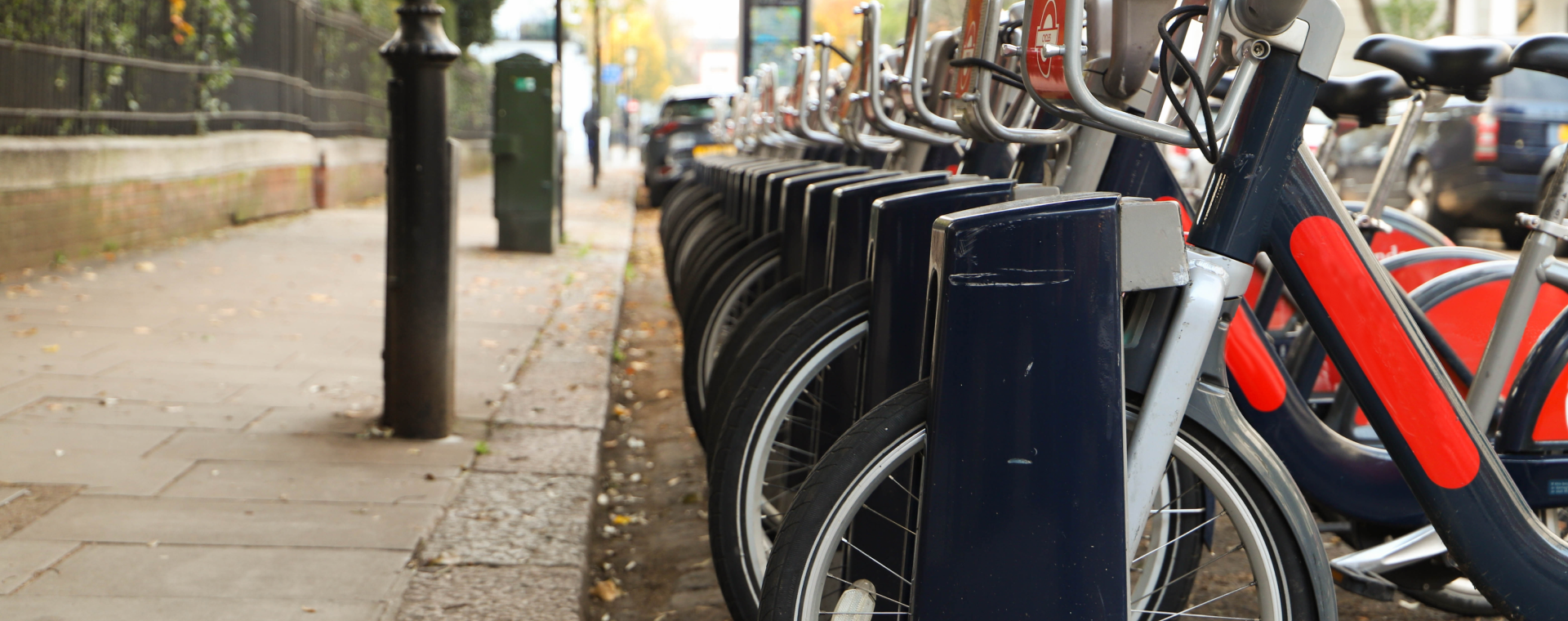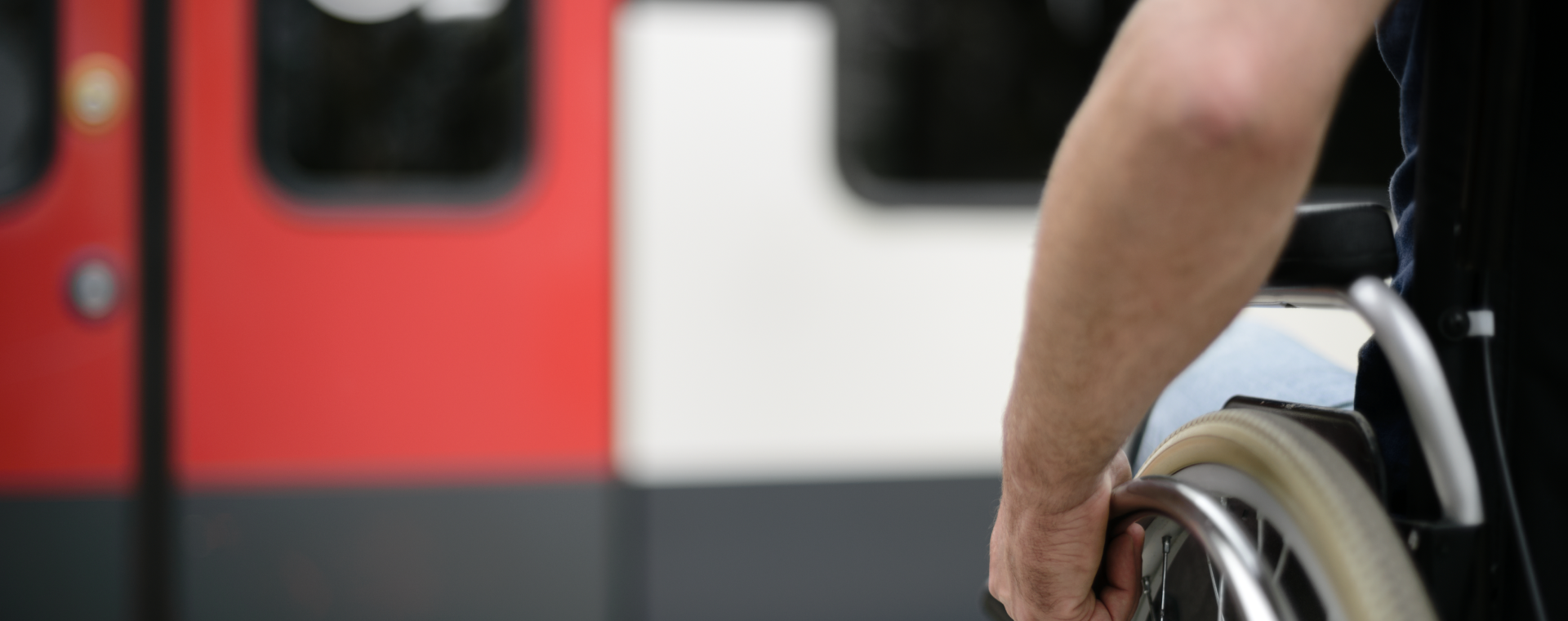Interview
Public investment
Everyday mobility must be a priority
-
Laurent Mazille
Director of Public Affairs, Transdev Group

How has the EU political landscape changed since the European Parliament elections and how do you expect the shift will affect progress towards more sustainable mobility?
Populist parties who rejected the Green Deal have emerged strengthened from the European elections. This highlights how social and territorial cohesion have been neglected in the Green Deal’s implementation. The risk is that climate change accelerates and has an even greater impact on the purchasing power of Europeans, and even on their quality of life. There is a high price to pay for doing nothing in this domain. The EU cannot hope to make progress on the basis of technology shifts and new regulation alone. The EU’s Social Climate Fund and the Cohesion Fund must be targeted towards sustainable alternatives such as public transport to reconcile medium-term environmental targets – 55 % fewer emissions by 2030 – and the preservation of Europeans’ purchasing power in the short term.
Some say that the EU’s Green Deal should be put on hold. Do you agree?
The Green Deal needs to keep its decarbonization objective but, if we want to avoid it being completely rejected, it needs budgetary mechanisms that take into account the necessary adaptation of territories and populations. Social cohesion is at the heart of mobility.
Since 2020, Transdev has urged a revision of the European mobility strategy to orient it towards everyday mobility which has the highest cost for European consumers and generates the most negative externalities.
What public transportation solutions can be implemented quickly and at a bearable cost?
Growing urbanization creates mobility needs that, in most cases, only individual cars can meet rapidly. It is therefore necessary to concentrate investment and additional services on peri-urban and rural areas to limit the share of cars in transportation. There already are solutions, such as express buses that run on designated motorway lanes, allowing quick access to employment sites, while being less of a financial burden on passengers.
What message would you like to send to incoming Members of the European Parliament concerning sustainable mobility?
Europe faces economic challenges in terms of competition with China and the US, environmental challenges in terms of adaptation by companies and territories to climate change, and social challenges in terms of difficulties faced by lower-income households. These challenges can impact our democratic choices, as we’ve seen in the recent European elections. We must choose our priorities for the EU’s next framework budget carefully. We have already won a revision of the TEN-T Trans-European Transport Network integrating the peripheries of urban centers. The European Parliament should now implement this revision. Everyday mobility, with its impact on our purchasing power and on our carbon footprint, must be a priority for this parliamentary term.
-
 Interview
Decarbonization
Interview
Decarbonization
What are the most pressing challenges facing transportation and the green transition in Europe today?
Jan-Christoph Oetjen, Former Member of the European Parliament
-
 Interview
Access
Interview
Access
How can we foster inclusive and affordable mobility?
Jan-Christoph Oetjen, Former Member of the European Parliament
-
 Interview
Decarbonization
Interview
Decarbonization
The intricate connection between decarbonized mobility and liveable cities
François Gemenne, Member of the IPCC and co-director of the Defense & Climate Observatory at IRIS Scientific Advisor
-
 Insights
Social Cohesion
Insights
Social Cohesion
How to make the green mobility transition fair and inclusive?
Bridging the divide
The question of whether the climate transition and social inclusion are actually incompatible is being increasingly discussed. -
 Insights
Infrastructure
Insights
Infrastructure
Living in the City of 2050
A foresight with the participation of many experts

